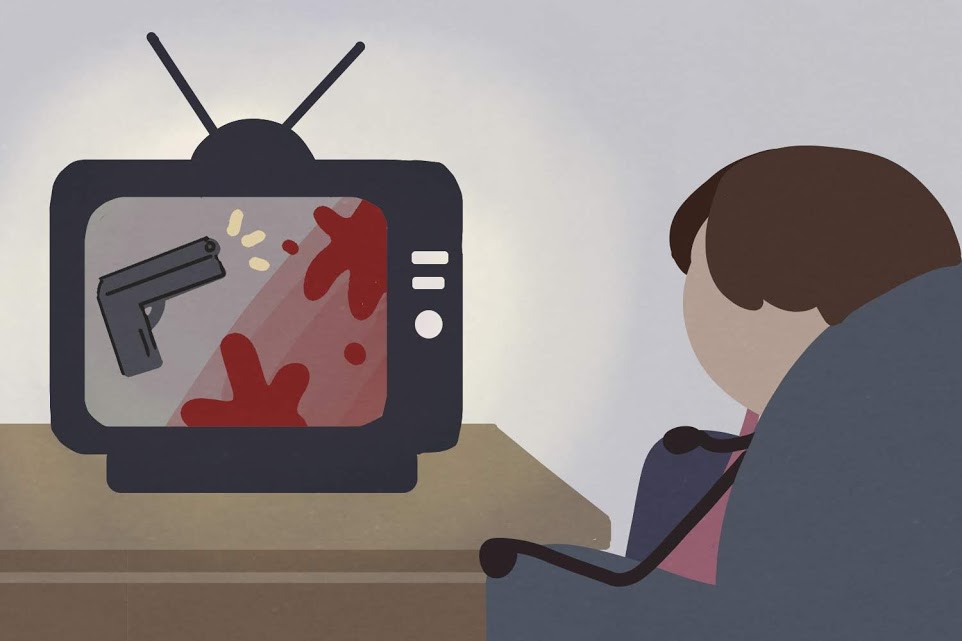
By Kayla Hoang, Staff Writer
About a week ago, I was scrolling through my news feed in social media, when I came across the headline about the recent attacks in Sri Lanka. I didn’t really think much about it and I ended up scrolling past the article without much of a second thought.
It wasn’t until a couple days later that I saw another article updating the event, now reporting the hundreds of people that died as a result of the attacks. Again, I started to scroll past the article when I stopped to actually analyze my actions, realizing how easy it was for me to scroll past an article like that.
Events like these aren’t uncommon, and the media magnifies them with constant reports of shootings, bombings, violence and almost everything bad that’s happening in our world. Regardless, it really shouldn’t be acceptable for our generation to be desensitized to public tragedies like this as if they were just another couple of celebrities getting divorced.
We already hear about stories of violence from our schools, work and our peers. For example, there was a recent school shooting in Colorado, but despite the media coverage, we’re not seeing much of a reaction. We mention it and move on, but it’s become a sort of monotonous pattern at this point, and our heads are shoved full with the idea that violence is so common nowadays, that almost everyone tends to move from one news story to the next.
It’s unnerving, really, to see that everyone tends to brush these public tragedies off so much at this point that it’s become our new norm. We’re so used to the common depictions of violence and so numb to the constant threats of it over our heads that we’ve grown desensitized to these type of occurrences.
According to Tracy Kennedy, a researcher at the University of Pittsburgh, the effects of violence being such a constant cycle for most adolescents today is what leads to our decreased emotional sensitivity.
It’s difficult to come up with a single solution for us to deal with these public tragedies, but an effective first step is simply to react to it. Obviously, it’s not like we want these types of events to occur. Why not put in an effort to do something in response?
This doesn’t necessarily mean that you’re supposed to enact some strong over-emotional scene to every single act of violence seen online, but it’d be a good start to simply respond to these events. Don’t dismiss these articles as simply another “incident” but take the time to process what happened.
There are plenty of opportunities to provide a helping hand with these type of events. Organizations like Red Cross or local charities are easy methods to help those affected by specific events.
Acts of violence are constantly reported on, but this isn’t some sanction to pass them off as another everyday incident. To realize the extent and to feel and react towards it is a small step, but effective when it comes to change in the future.





